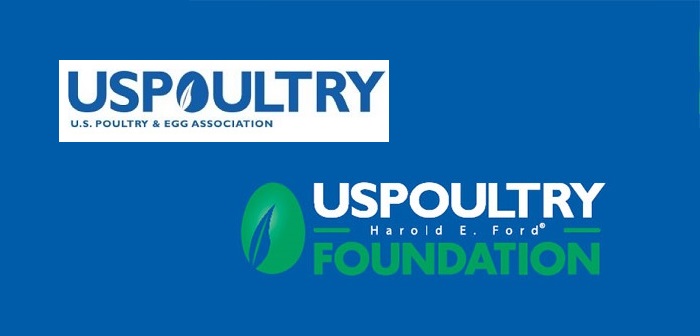US-based research, designed to evaluate methods to reduce salmonella and campylobacter levels in poultry parts and ground poultry products, has produced “significantly positive results” according to the US Poultry & Egg Association (USPOULTRY).
In a preliminary report on work carried out by researchers at Auburn University, Alabama, led by Dr Sacit Bilgili, the association said that the treatment of chicken parts for packaging, or before grinding, with two selected antimicrobials not only “may improve food safety” but may also maintain or enhance shelf life and quality.
The original research objectives were as follows:
- To evaluate the efficacy of salmonella and campylobacter reduction using various antimicrobials, namely peracetic acid (PAA), cetylpyridinium chlorine (CPC) and acidified sodium chloride (ASC), when applied to poultry parts for market or ground meat products.
- To determine if there are any associated effects of antimicrobial application on quality attributes of poultry parts and ground poultry products through sensory evaluation and shelf-life determination.
“A series of experiments were conducted in a pilot processing facility and a continuous online decontamination tank was used for the application of antimicrobials,” reported USPOULTRY. “Based on the results from this study, it can be concluded that PAA and CPC can be applied in a parts decontamination tank to control the recovery of salmonella typhimurium and C. jejuni on poultry parts going to market or ground chicken meat products.
“Furthermore, when parts were treated with PAA or CPC in our processing environment, shelf-life was increased. While there were some associated quality changes with the use of PAA, they were very small changes that a consumer may not be able to detect when looking at the product in the market. Therefore, treatment of chicken parts for packaging, or before grinding, with PAA or CPC may not only improve food safety, but may maintain or enhance shelf life and quality.”
The research was funded by USPOULTRY and the USPOULTRY Foundation and “made possible” by an endowing gift from Koch Foods.


